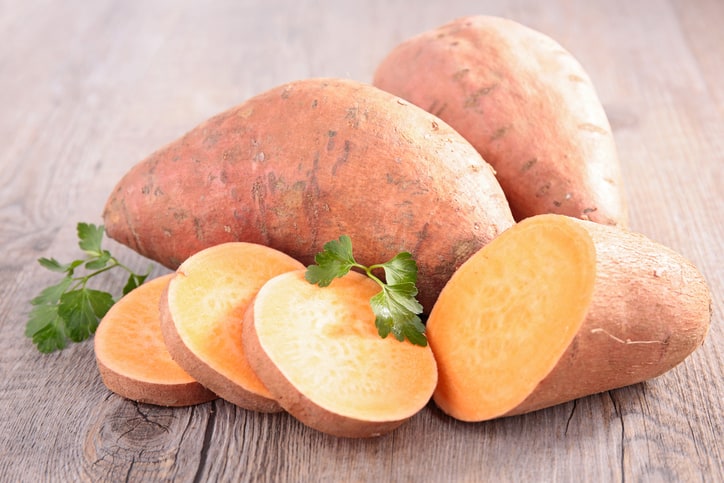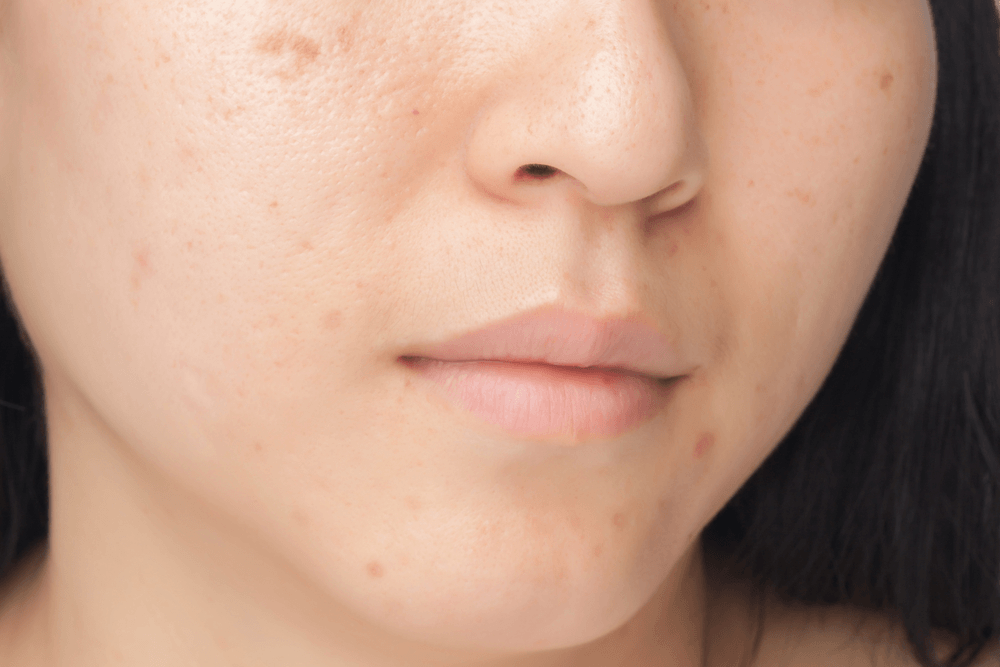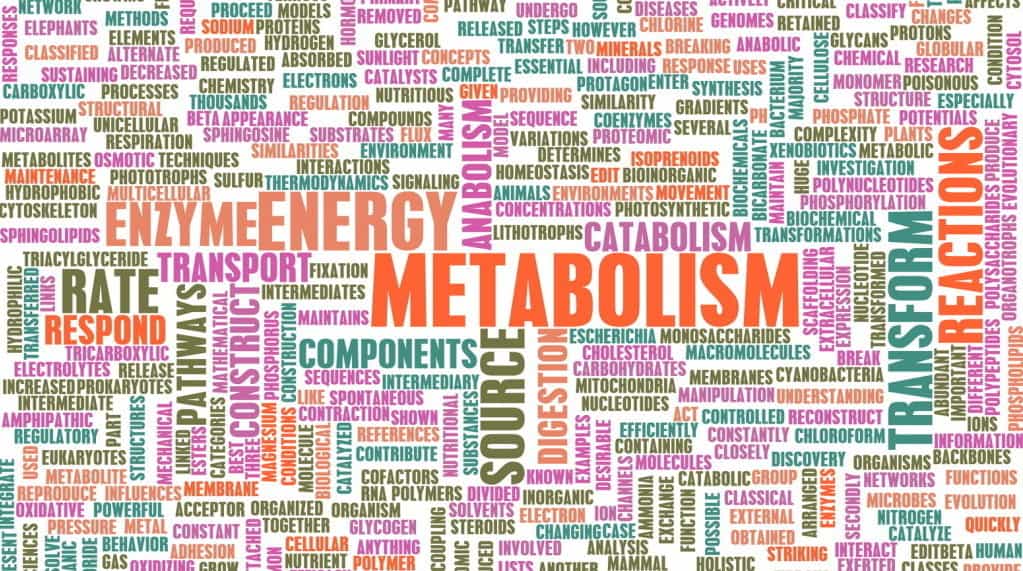Contents:
- Medical Video: Folic Acid
- Why do women need folate before becoming pregnant?
- When to start taking folate, and how much?
- What foods contain folate?
- When do you need additional folate intake?
- Do you need to take folate supplements?
Medical Video: Folic Acid
Not only eating nutritious foods while pregnant, women should also have prepared their bodies since they were still planning to become pregnant. What for? So that during pregnancy, women are ready to fulfill the nutrition needed by the body and fetus. One of the nutrients that a woman must prepare before becoming pregnant is folate.
Folate or folic acid is a synthetic form of vitamin B9 that women need before becoming pregnant to help the fetus grow and protect body cells. The body needs folate when cells grow rapidly, like during pregnancy. During pregnancy, the size of the uterus (uterus) increases, the placenta develops, the body drains more blood, and the growth of the fetus is very fast.
Why do women need folate before becoming pregnant?
The fetus grows rapidly during pregnancy. Taking folate before pregnancy and during pregnancy will help reduce the risk of birth defects in infants. Folate helps reduce the risk of birth defects, such as neural tube defect (NTD), defects in the heart and limbs, disorders of the urinary tract, narrowing of the gastric valve, and oral-facial clefts, such as cleft lip and cleft palate.
In early pregnancy or even before a woman knows that she is pregnant, folate plays an important role in the early development of the fetus, when the fetus is still a neural tube. Neural tubes are formed in the third and fourth week of pregnancy and grow into the brain and spinal cord. Neural tubes that are not completely closed are called neural tube defect (NTD). An example of NTD is spina bifida (the spine is not perfectly closed), anencephaly (absence of parts of the brain), and encephalocele (the baby's skull is not perfectly closed).
In addition to reducing the risk of birth defects, folate is also needed to form normal red blood cells and prevent anemia. Folate is also important for producing, repairing, and for the function of DNA. Fulfillment of folate needs is very important for very fast placental cell growth and for fetal development and growth.
When to start taking folate, and how much?
The Centers for Disease Control and Prevention (CDC) The United States recommends women of childbearing age to consume 0.4 mg (400 mcg) of folate / day to prevent birth defects, at least a month before becoming pregnant. Indonesia through 2013 Nutrition Adequacy Rate recommends taking folate at 400 mcg / day before pregnancy and added 200 mcg / day during pregnancy.
Women who take folate daily according to the recommended dosage starting at least one month before conception (conception) and during the first trimester of pregnancy can reduce their risk of having an NTD of more than 70%.
What foods contain folate?
Folate can be found in green leafy vegetables, citrus fruits, whole grains, and other foods. Spinach, beef liver, asparagus, and Brussels sprouts is the highest source of folate food. In Indonesia, the government has required folate fortification in all marketed flour aimed at improving nutrition.
Here are some foods that are sources of folate:
- Flour fortified with flour
- Green leafy vegetables, like spinach, asparagus, broccoli, Brussels sprouts, green radish, lettuce
- Fruits, like oranges, avocados, papaya, bananas
- Nuts, like beans chickpeas (arab beans)
- Peas
- Corn
- Dairy products
- Chicken, beef, eggs and fish
- Wheat
When do you need additional folate intake?
Folate is needed during pregnancy to support the growth and development of the baby, so adequate folate intake is needed at this time. However, there are certain conditions that require women to consume folate in amounts more than recommended in general (400 mcg), these conditions are:
- Women who are obese have a risk of having a baby with a larger NTD, so folate intake is greater than 400 mcg.
- Women who previously had babies with NTD, so it is recommended to consume folate more than recommended in general.
- In twin pregnancies, it is recommended that consumption of folate greater than 400 mcg.
- Some people with genetic variation, known as mutations methylenetetrahydrofolate reductase (MTHFR) which makes it difficult for the body to process folate.
- Women who have diabetes and take anticonvulsant drugs are at risk of having babies with NTD, so it is advisable to consume folate greater than 400 mcg
For women who experience this condition, you should consult a doctor at least a month before becoming pregnant to find out the folate needs to be consumed.
Do you need to take folate supplements?
Folate intake is very important from before pregnancy, the initial stage of pregnancy until at least 4-6 weeks after birth, and during breastfeeding. It may be a little difficult to guarantee the fulfillment of folate needs. Moreover, certain foods that contain folate sometimes do not become a high source of folate because the content of folate can be lost from food during storage or can be damaged when cooked. Therefore, taking folate supplements may be needed to meet the body's folate needs.
However, you should consult with your doctor before you decide to take folate supplements, because excessive folate can actually have a negative impact on the fetus.
READ ALSO:
- Vaccines You Need To Get Before Pregnant
- 7 Types of Medical Examinations that Need to be Done Before Marriage
- How Long Should You Wait for the Second Child's Pregnancy?












